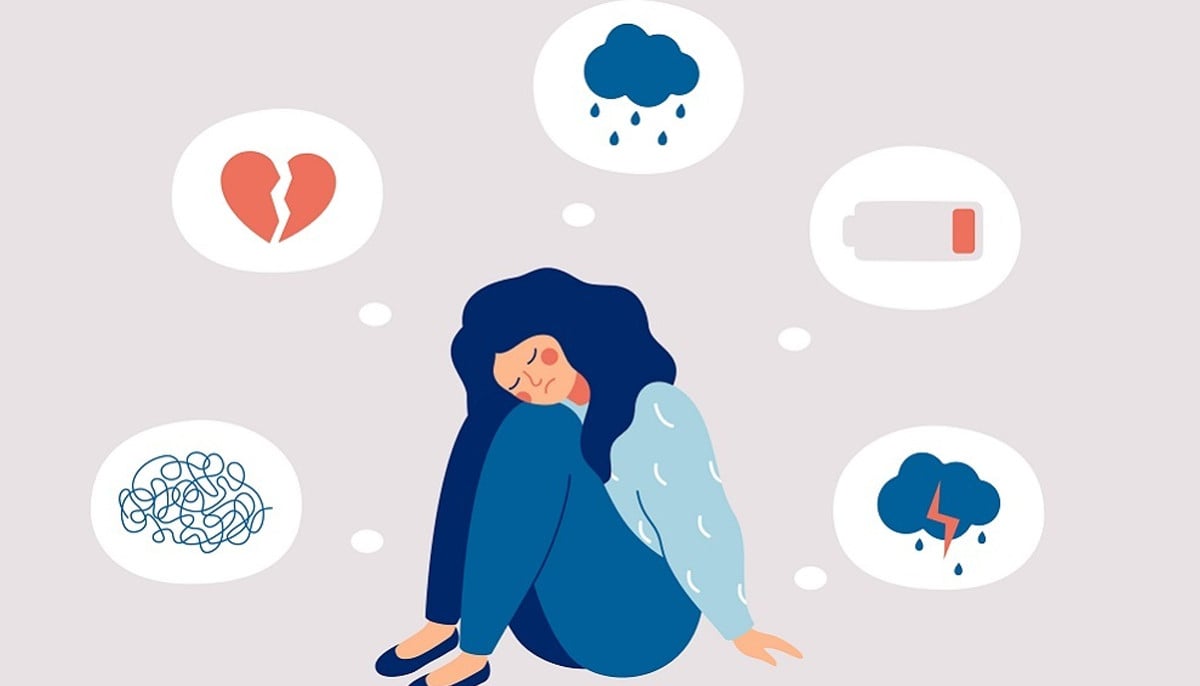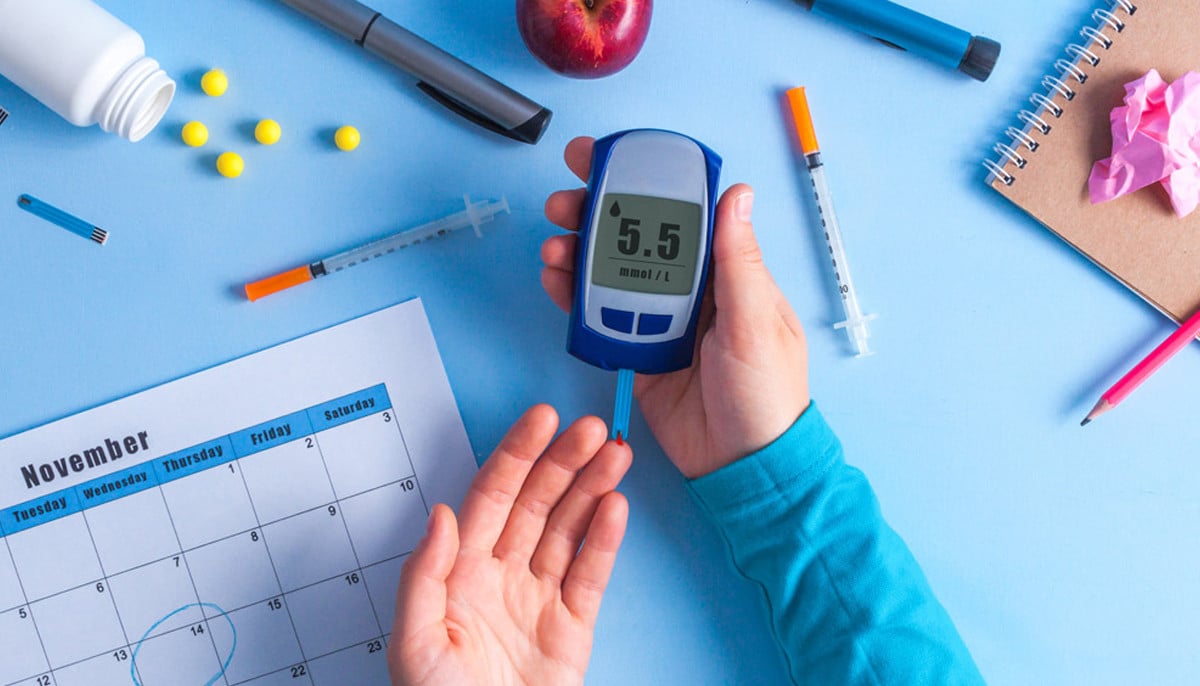Reducing screen time to 3 hours per week may improve children's mental health
Children face risks of mental health as result of using electronic devices, as per new study
A team of psychologists and mental health specialists affiliated with several institutions in Denmark has suggested that reducing screen time for children to just three hours per week can result in significant improvements in their mental health.
The group, which also works with a colleague from the United Kingdom, describes in the paper published in the journal JAMA Network Open, how they conducted a randomised clinical trial involving 89 families and the impact of reducing screen time on electronic devices, reported Medical Xpress.
Either watching movies or videos, engaging in social media or playing video games; children spending long stretches of time using electronic devices have risks of mental health problems like antisocial behaviour and difficulties with handling emotions, as per an earlier research.
The research team wondered in this new study whether taking away such activities would improve mental health, and if so, how quickly might it bring change.
A clinical trial involving 89 families that included 181 children from 10 cities in Denmark was conducted by the researchers to find out changes.
The trial involved testing all the children in the study using the "Utilising the Strengths and Difficulties Questionnaire" to learn more about their social skills, general behaviour, emotional stability and overall mental health.
Then they asked all the children in 45 of the families to restrict their use of electronic devices to just three hours per week. This did not include school usage. Additionally, video monitors were installed in the homes of participants to ensure compliance for two weeks.
Afterwards, to see if there were any differences, all the children were asked to fill out the same questionnaire again.
As a result, significant improvements in the children's social skills were found by the research team, including reductions in behavioural problems and in dealing with emotional issues.
-
5 simple rules to follow for smooth, healthy hair
-
Expert discusses 'complications' of measles outbreak
-
Are statins safe to use? New study debunks long-feared side effects
-
New research busts major PTSD myth
-
Shocking gender link in autism comes to light
-
Same name, different disease: A guide to type 1 and type 2 diabetes
-
5 at-home remedies for gas and bloating
-
New research brings us closer to malaria-free world












